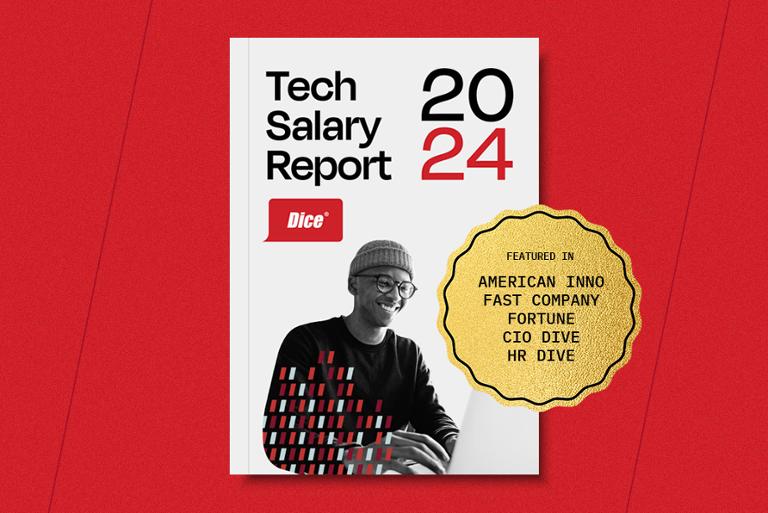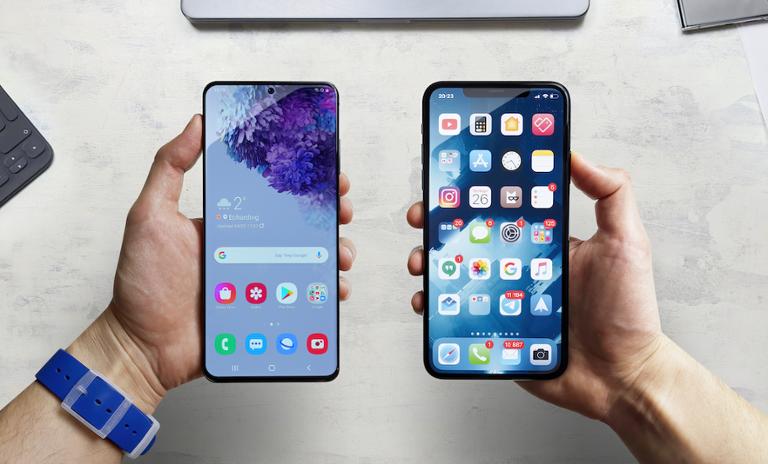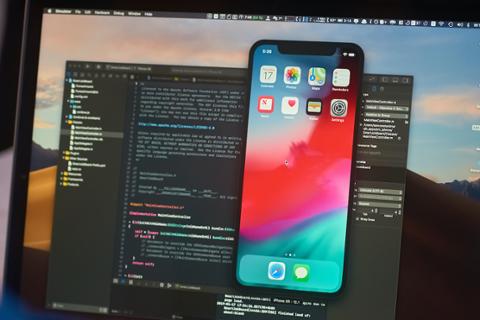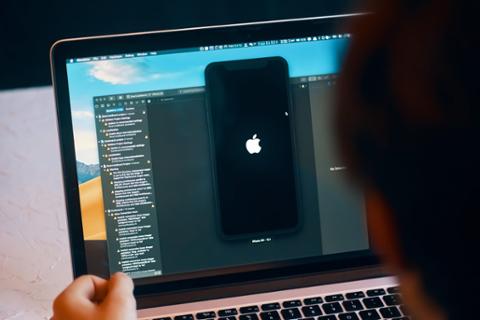If you’re interested in developing smartphone and tablet apps, you know that the mobile device industry is essentially a duopoly, split between Apple’s iOS and Google Android. If you’re totally new to mobile, you’re probably wondering whether you should focus the bulk of your learning energies on one platform or the other.
There’s no easy answer to that question. Many developers build their apps for both iOS and Android, figuring they’ll double their users, revenue, and profits if they do so. Others choose to focus on just one platform, at least at the outset, with plans to expand to the other if everything works out.
However, we can break down some statistics that show just how much Android and iOS skills can pay, as well as which jobs demand them. For that data, we turn to Burning Glass, which collects and analyzes job postings from across the United States.
According to Burning Glass, the median salary for Android development skills is $104,000 per year, rising to $128,000 for those with roughly a decade of Android-related experience. That’s roughly even with iOS development skills, where the median salary is $99,000, rising to $128,000 for those who’ve been working with the platform for a decade-plus.

Find out which industries and tech hubs are paying top dollar for tech talent in Dice’s latest Tech Salary Report.
As you might expect, a sizable percentage of mobile development jobs (and a pretty tiny proportion of other technology jobs) demand Android-related skills:
Roughly the same percentage of mobile development jobs also ask for iOS skills (along with a somewhat higher—but still low—percentage of web developers, software developers, and others). Check out the chart:
It’s important to note that Burning Glass predicts an increasing demand for iOS and Android in the years ahead, particularly within jobs such as software developer/engineer. Is that based on the assumption that iOS and Android will increasingly spread from mobile devices such as smartphones and tablets to other hardware, including Internet of Things (IoT) devices? Again, that’s a difficult question to answer with any certainty. What’s certain, though, is that knowing both Android and iOS skills will cover you when it comes to mobile-development jobs.
Whether you want to focus on Android or iOS first, there are lots of educational resources out there, along with documentation. If you want to learn iOS, head over to Apple’s walkthrough for learning Swift, its newer programming language for iOS development. Google offers similar development and training courses for Android (Java is the core language for Android development, although Google is also pushing Kotlin as a replacement).
Many employers will want to know whether you have the necessary Android or iOS skills to actually do the job. Having a portfolio of previous work (even if it’s just apps you’ve built for fun) can go a long way toward demonstrating that you have those skills. If you reach the interview stage, you may need to take a coding test, depending on the company, so always make sure you’re capable of actually doing what you state in your application materials.
Certifications can also help assure companies that you know your way around a mobile SDK. Google offers an Associate Android Developer certification, just as there’s a certification for Swift that’s pushed by Apple.
Whichever route you choose, pay attention to cross-platform development (such as the Flutter cross-platform framework), which is beloved by many developers but problematic in some ways. The mobile space is constantly evolving, with new tools and techniques popping up on a monthly basis; staying aware of these changes will only make you a better developer—and give you more leverage when it’s time to hunt for jobs.
Sign Up Today
Want more great insights? Create a Dice profile today to receive the weekly Dice Advisor newsletter, packed with everything you need to boost your career in tech. Register now



